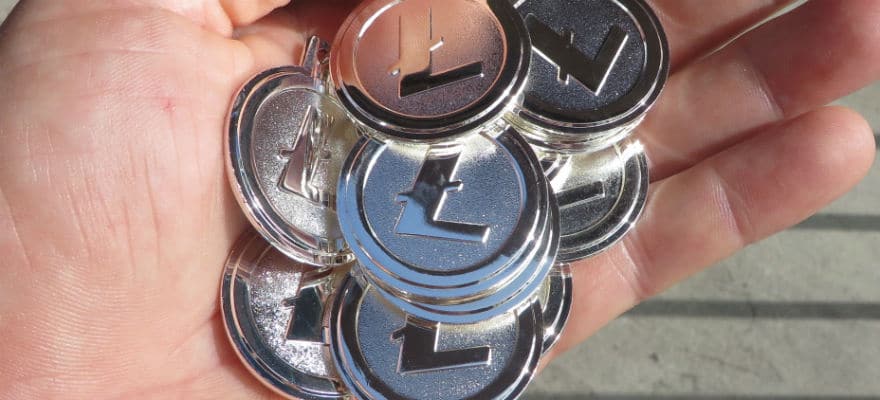As the value of Cryptocurrencies rises, more and more scammers are trying to dupe people. Recently, someone faked Litecoin creator Charlie Lee’s Twitter account and launched a fraudulent scheme in which he claimed to be giving away 180 LTC.
Discover credible partners and premium clients at China’s leading finance event!
The individual is asking people to make a transaction of 0.3 LTC to a specified wallet address, and in return the first 60 people to make the transaction will receive 3 LTC each.
https://twitter.com/SatoshiLitez/status/958105886358204417
The scheme was posted in various cryptocurrency communities, but Twitter users were quick enough to point out the scam, calling it out and requesting that Twitter ban the account.
The fake account copied almost every aspect of Charlee Lee’s account except the username, to which it added a ‘z’ (@SatoshiLite/@SatoshiLitez). The scamster is even retweeting Charlee Lee’s recent posts in order to look authentic.
The model of this scam is a classic one and is tried by various fraudsters, and surprisingly, it works really well. Many people will make these small transactions in their greed to gain more coins. Luckily, there have been no victims of this particular scam yet.
PSA: Please be wary of this Twitter scam going on right now. After every of my post, there will an immediate reply by a scammer promising to give away coins if you send him some. The post looks like it's from me. Blocking them doesn't help, b/c they just create another account. pic.twitter.com/qPHxKntPHD
— Charlie Lee [LTC] (@SatoshiLite) January 30, 2018
A similar attempt was once made with Vitalik Buterin’s Twitter account, offering Ethereum instead of Litecoin.
From classic phishing tactics to faking ICOs, scammers are trying everything they can to scam cryptocurrency investors. Though fake public accounts can be easily identified, novice cryptocurrency investors often become victims.
The cryptocurrency market is very vulnerable to scams and cyber attacks, and ICOs in particular. In a recent study, Ernst and Young found that more than $400 million were either lost or stolen from ICOs. Scammers are so active that within a day of the rumors of the Telegram ICO appearing, several fake token pre-sale websites were launched.

















